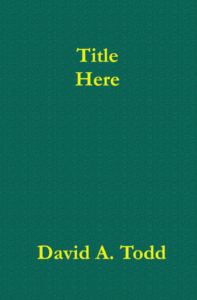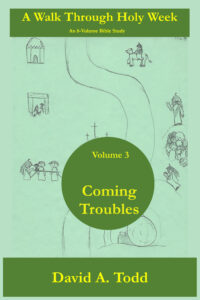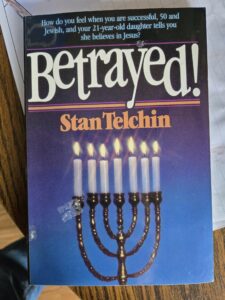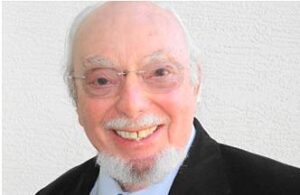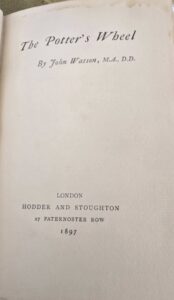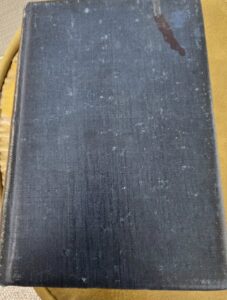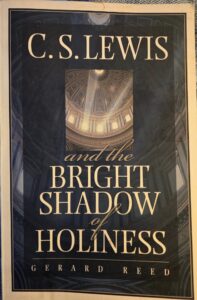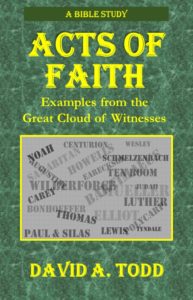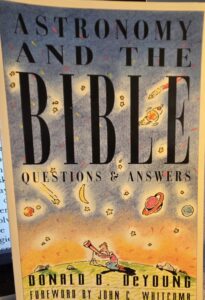My reading has trailed off a bit lately, in part due to health issues and in part due to reading choices not panning out. I laid two books aside at the 1/3rd point when the subject and writing turned out to not hold my interest. I suppose general busyness helped to rob reading time, with some of the busyness due to medical appointments.
Looking for a short read, I grabbed a book my wife had recently read and recommended: Paul Orjala: The Man, The Mission. It’s one of series of annual missions books our church published (or used to), this one from 2009-10. I think I read it back then but did not in the least remember it, so it was a fresh read. The book was of special interest to me because I briefly knew Paul when I attended the same church as he and his family in 1974-75. At that time, Paul was back from the mission field in Haiti and teaching at our seminary in Kansas City. I didn’t get to know him very well. He was already an experienced missionary and professor; I was new to the congregation and denomination. We didn’t hang out in the same circles.
But I got to know him a little. He was a nice man, well thought of by all, and pleasant spoken. The book told about his boyhood in San Diego, call to missions, assignment in Haiti, years teaching, and a later in life assignment in France. In all things, Paul was a faithful and effective servant of Christ. Much of our missions education curriculum. Paul is almost a legend in our church for the effectiveness of everything he touched. That includes considerable musical talent, which I saw him demonstrate in church services.
I’m glad Lynda found this book in the house and brought it to my attention. It was a good, short read about an amazing man and his service for God. I won’t read it again, nor do I think we should keep it, but I’m very glad I read it.
